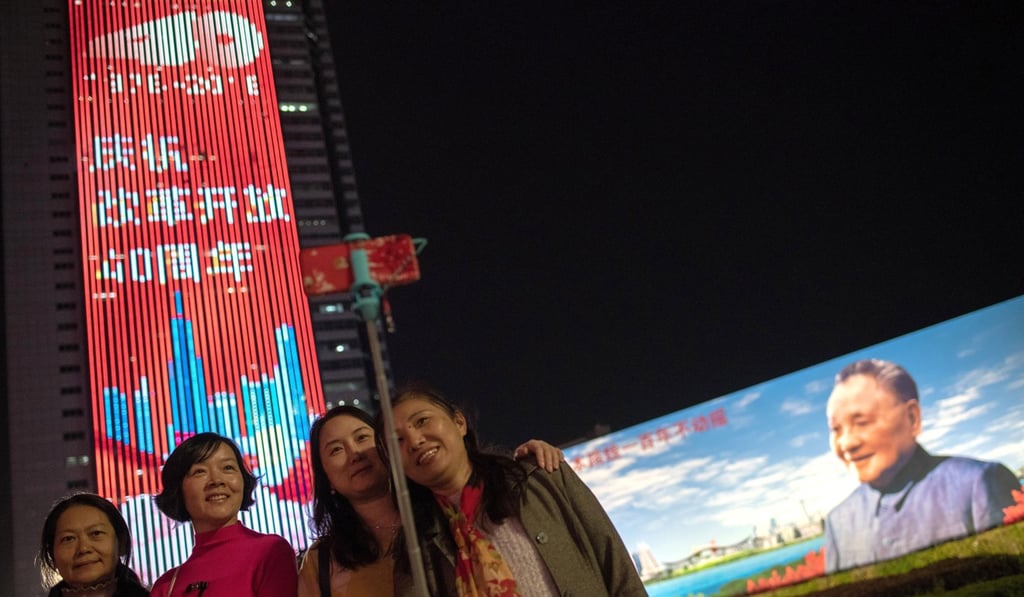Opinion | The coronavirus was unexpected – but Xi, the US trade war and Hong Kong are China’s black swans too
- As the Communist Party realises reforms will be a substantial undertaking, its current uncertainty is a breeding ground for unanticipated events
- But in its current leader, the bruising trade battle with Washington and complex issues of Chinese identity, the party already has much on its plate

It is now abundantly clear that the reluctance of local officials to convey bad news upwards allowed the virus to take hold and spread. In response to criticism that he had been slow to sound the alarm, the mayor of Wuhan, the city at the epicentre of the epidemic, said he had to get permission from Beijing to release such “sensitive” information.
Forty years ago, Deng Xiaoping took a cold, dispassionate look at his life’s work, decided it was flawed and in danger of failing, and drastically changed course, irrevocably changing China and hence the world. Which other leader in which other system could do that? Equally, however, China’s history since 1949 shows that mistakes in a Leninist system can have very tragic outcomes – the Great Leap Forward and the Cultural Revolution among them. Though thankfully not on such a scale, the Covid-19 crisis is also the consequence of the Leninist value system.

But this crisis is also a symptom of a far more fundamental, perhaps existential, challenge facing China. In 2012, at its 18th Congress, the Chinese Communist Party acknowledged that the model – essentially based on a heavy emphasis on infrastructure development led by state-owned enterprises – that created China’s spectacular growth in the 1990s and early 2000s was unsustainable. To sustain a new norm of slower but still respectable growth over the long-run, a new model was needed.

